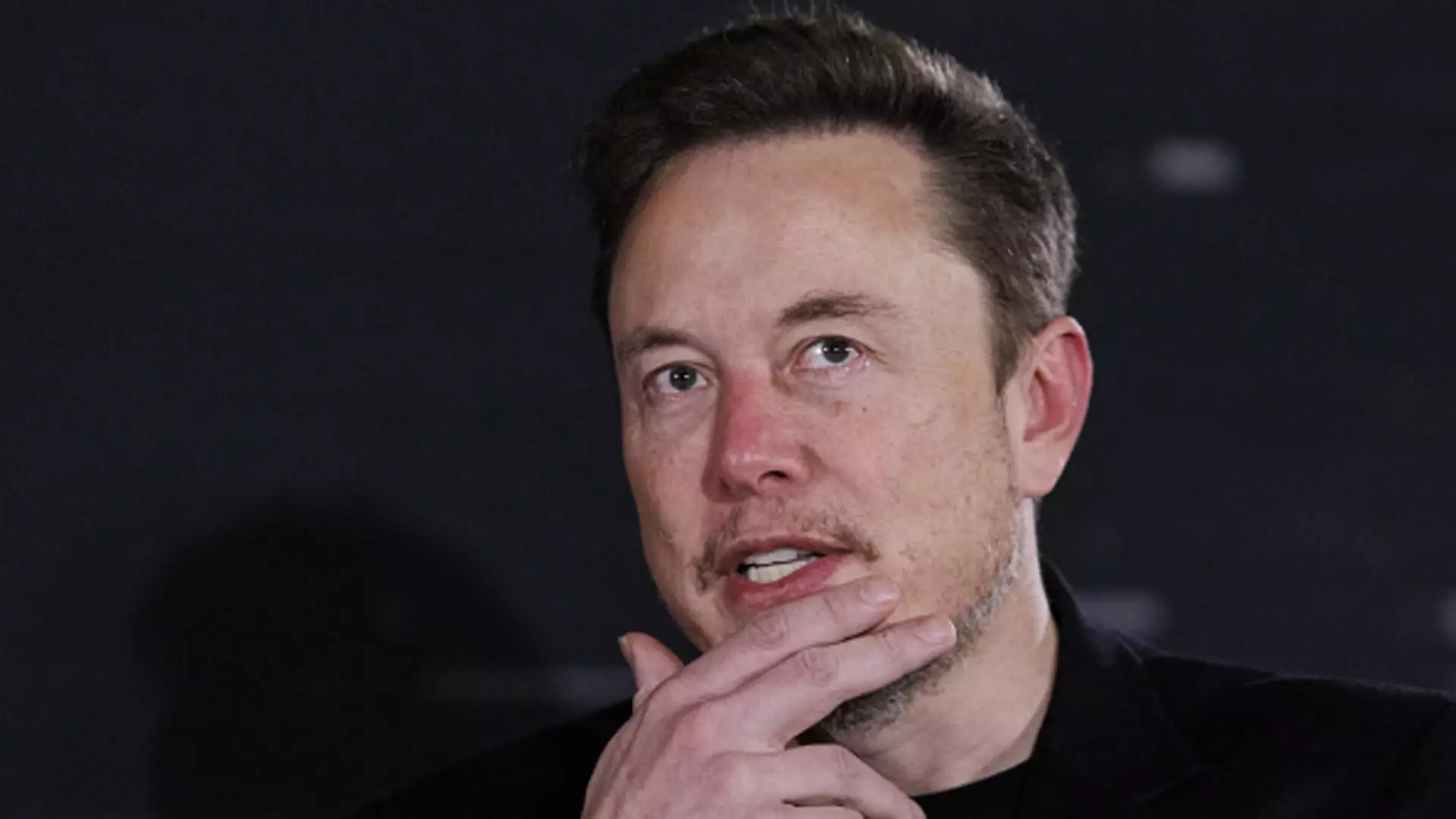Elon Musk, the CEO of Tesla and SpaceX, has expressed his desire to obtain about 25% of voting control over his electric vehicle company. This comes as Musk already holds a stake of approximately 13% in Tesla, amounting to around 411 million shares of the company’s 3.19 billion shares in common stock outstanding. While this may seem like a significant ownership, Musk sold a substantial portion of his Tesla shares in 2022 to finance a leveraged buyout of Twitter. Now, he is looking to further enhance his control over Tesla, stating that he wants to be influential without being immune to being overruled.
Musk’s desire for more voting control in Tesla appears to be tied to his ambitions for the company in the AI and robotics space. He stated that he is uncomfortable with the idea of growing Tesla as a leader in these areas without having the desired voting control. However, this raises questions about the previous remarks made by Musk, where he positioned Tesla as an important AI and robotics company. In fact, he even predicted that Tesla’s humanoid robot, Optimus, would be worth more than the entire car business and full self-driving capabilities. It seems that Musk’s stance on the importance of AI and robotics for Tesla might have shifted, causing some confusion among investors and industry observers.
In response to criticism and skepticism, Musk defended his position by arguing that his stock ownership alone does not automatically equate to adequate motivation. He pointed out that other major stakeholders, such as Fidelity, also hold similar stakes in Tesla but do not involve themselves in the day-to-day operations of the company. Musk’s statement raises questions about the extent to which stock ownership should be viewed as a driver of active involvement in a company’s affairs.
Musk’s request for increased voting control puts the spotlight on Tesla’s board of directors, who will have to address this issue in 2024. The board faces numerous challenges already, including concerns from investors and lawmakers regarding Musk’s divided focus and use of company resources, his controversial public statements, ongoing federal investigations, and allegations of drug use. Moreover, Musk is currently involved in a trial over his previous $56 billion pay package, with a shareholder suing him and Tesla for excessive compensation and breach of fiduciary duty. The board’s decision on Musk’s compensation plan is also on hold until the resolution of this case. These various challenges further complicate the board’s decision-making process and their ability to address Musk’s request for more voting control effectively.
Musk’s quest for additional voting control has significant implications for the future of Tesla. Depending on the outcome, it could either strengthen Musk’s influence over the company or potentially leave room for greater outside interference. The level of control Musk seeks suggests his strong belief in the direction he envisions for Tesla, especially regarding AI and robotics. However, his shifting stance on the company’s focus raises questions about the overall strategy and long-term vision. It remains to be seen how Tesla’s board of directors will respond to Musk’s request and navigate the complex challenges facing the company.
Elon Musk’s pursuit of 25% voting control over Tesla signals his desire to have a greater say in the company’s strategic decisions, particularly in the AI and robotics sectors. This raises questions about his previous claims and what this means for Tesla’s overall direction. Furthermore, Musk’s request adds to the existing challenges faced by Tesla’s board of directors, who must carefully consider, evaluate, and respond to his demands. The outcome of this situation will undoubtedly shape the future of Tesla and its role in the rapidly evolving electric vehicle industry.


Leave a Reply